If you’ve ever noticed a hard, yellowish, or even dark buildup around your teeth and gums, you’re likely dealing with tartar. Many people search for ways to remove tartar from teeth or wonder how to remove tartar from teeth without dentist visits. While dental professionals emphasize that only a hygienist can completely scrape away hardened tartar, the good news is that you can still make significant improvements at home.
By adopting consistent oral hygiene, trying safe natural remedies, and preventing future buildup, you can protect your smile, keep your gums healthy, and even brighten your teeth. In this comprehensive guide, we’ll explore how to remove tartar from teeth at home, natural methods for managing black tartar, and the best way to remove hard tartar while keeping your enamel safe.
Let’s break it down step by step with credible, science-backed information inspired by sources like Mayo Clinic, WebMD, and the American Dental Association (ADA).
What Exactly Is Tartar?
Tartar, also called dental calculus, forms when plaque—the sticky film of bacteria, food debris, and saliva—remains on your teeth long enough to harden.
- Plaque forms daily. Every time you eat or drink (especially sugary or starchy foods), bacteria in your mouth produce acids.
- If plaque isn’t removed, minerals in your saliva cause it to harden within about 24–72 hours.
- This hardened form is tartar, which bonds firmly to your teeth and gumline.
Tartar isn’t just a cosmetic issue. According to the ADA, tartar buildup increases your risk of:
- Gum disease (gingivitis and periodontitis)
- Cavities and tooth decay
- Tooth sensitivity
- Persistent bad breath (halitosis)
Note: If you notice thick, dark deposits or what looks like a “calculus bridge” (a solid chunk of tartar connecting multiple teeth), professional cleaning is essential.
Why Tartar Removal Matters
People often ask, “Can you remove tartar from teeth at home?” The honest answer: you can’t fully scrape it off yourself—but you can:
- Soften tartar, making it easier for professionals to remove.
- Prevent new buildup, which stops tartar from worsening.
- Improve gum health and reduce irritation caused by bacteria.
- Brighten your smile, since tartar often causes yellow or brown stains.
If left untreated, tartar leads to gum disease, bone loss, and even tooth loss. So, while natural remedies can help, don’t skip dental visits.
Daily Oral Hygiene: The Foundation of Tartar Control
Before jumping into natural remedies, it’s important to get the basics right. Here’s how to build an anti-tartar routine:
1. Brushing Technique
- Brush at least twice daily for two minutes.
- Use a soft-bristled toothbrush angled at 45° to the gumline.
- Consider an electric toothbrush—studies show it removes plaque more effectively than manual brushes.
2. Fluoride Toothpaste
Choose a toothpaste with fluoride to strengthen enamel and help resist bacterial acids. Some natural toothpaste options also include mild abrasives like baking soda.
3. Flossing or Interdental Cleaning
- Floss once daily to clean between teeth.
- Alternatives: interdental brushes or water flossers.
4. Mouthwash
Antiseptic rinses with ingredients like chlorhexidine or essential oils reduce bacterial load, keeping plaque softer.
5. Professional Cleanings
Schedule a dental cleaning every 6 months (or sooner if you’re prone to tartar). Only professionals have the tools to safely remove hardened deposits.
Natural Remedies to Help Remove Tartar from Teeth
Now let’s dive into natural, science-inspired solutions you can safely use at home. While they don’t replace dental cleanings, they support your efforts and can improve oral health significantly.
1. Baking Soda (Sodium Bicarbonate)
- Works as a mild abrasive that scrubs plaque and surface tartar.
- Neutralizes acids in the mouth, helping protect enamel.
How to use:
- Mix ½ teaspoon baking soda with water into a paste.
- Gently brush for 1–2 minutes, then rinse.
- Limit use to 2–3 times a week to avoid enamel wear.
⚠️ Note: Use a light hand! Over-brushing with baking soda can thin enamel over time.
2. White Vinegar or Apple Cider Vinegar (Diluted)
- Acids in vinegar help soften tartar and kill bacteria.
- Works best as a rinse rather than direct brushing.
How to use:
- Mix 1–2 teaspoons vinegar in a cup of warm water.
- Swish for 1–2 minutes, then rinse thoroughly.
Pro tip: Add a pinch of salt for extra antibacterial action.
3. Oil Pulling with Coconut or Olive Oil
An ancient Ayurvedic practice, oil pulling helps reduce oral bacteria and plaque.
How to use:
- Swish 1 tablespoon of coconut oil in your mouth for 10–20 minutes.
- Spit into a trash can (not the sink), rinse, then brush.
- Do this a few times per week.
Scientific studies suggest oil pulling may lower plaque-causing bacteria like Streptococcus mutans.
4. Aloe Vera
Known for its soothing and antibacterial properties, aloe vera can help reduce plaque buildup.
How to use:
- Mix aloe vera gel with a small amount of baking soda and glycerin.
- Apply gently on teeth and gums, then rinse.
5. Orange Peel or Orange Peel Paste
- The vitamin C in orange peels helps inhibit bacterial growth.
- Natural acids may reduce surface stains.
How to use:
- Rub the inside of a fresh orange peel on your teeth for 2–3 minutes.
- Or crush the peel into a paste with water and apply.
6. Sesame Seeds
- Act like a gentle scrub when chewed.
- Provide natural oils that may fight bacteria.
How to use:
- Chew a spoonful of sesame seeds slowly.
- Then brush without rinsing first, using the seeds as a natural abrasive.
7. Cloves and Clove Oil
- Traditionally used for toothaches, cloves have antibacterial and anti-inflammatory effects.
How to use:
- Chew a clove or two slowly.
- Or mix clove oil with coconut oil, dab on teeth and gums, then rinse.
8. Green Tea
Rich in antioxidants like catechins, green tea reduces oral bacteria and supports gum health.
How to use:
- Drink green tea daily, unsweetened.
- Use cooled green tea as a mouth rinse.
9. Herbal Sticks (Miswak / Neem)
For centuries, cultures have used twigs like miswak and neem as natural toothbrushes.
- They provide antimicrobial benefits.
- Gentle scrubbing helps clean teeth naturally.
10. Crunchy Fruits and Vegetables
Apples, carrots, celery, and cucumbers act as natural scrubbing tools.
- Increase saliva flow, which neutralizes acids.
- Mechanically help remove soft plaque before it hardens.
Lifestyle and Diet Tips to Reduce Tartar
- Limit sugar & refined carbs: These feed bacteria that produce acid.
- Stay hydrated: Saliva is your body’s natural defense against plaque.
- Quit smoking: Tobacco accelerates tartar buildup and causes black tartar.
- Chew sugar-free xylitol gum: Stimulates saliva and prevents bacterial growth.
- Calcium & vitamin D intake: Strong teeth resist decay better.
Can You Remove Black Tartar from Teeth at Home?
Black tartar is hardened calculus stained by:
- Smoking or tobacco use
- Coffee, tea, or red wine
- Iron supplements
At-home remedies can help reduce staining, but black tartar usually requires professional scaling. If you notice black or dark deposits, schedule a cleaning.
What Removes Hard Tartar Best?
- At home: Baking soda, oil pulling, and consistent oral hygiene help soften deposits.
- In the dental chair: Scaling and root planing by a hygienist remain the best way to remove hard tartar.
FAQs
How can I remove tartar from teeth without a dentist?
You can remove tartar without a dentist by brushing twice daily with fluoride toothpaste, flossing, and rinsing with natural remedies like baking soda or diluted hydrogen peroxide. These methods help reduce tartar buildup, though professional cleaning may still be needed for hardened deposits.
What is the best way to remove tartar from teeth at home?
The best way to remove tartar at home is using baking soda paste, oil pulling with coconut oil, and a soft-bristled toothbrush. Regular oral hygiene prevents plaque from hardening into tartar. However, deep tartar should be treated by a dentist for complete removal.
How do you get rid of black tartar on teeth naturally?
Black tartar can be reduced naturally by brushing with baking soda, rinsing with apple cider vinegar (diluted), and maintaining good oral hygiene. Still, black tartar often indicates long-term buildup, which usually requires a professional dental cleaning for full removal.
Can hard tartar on teeth be removed at home?
Hard tartar on teeth is difficult to remove at home. While remedies like baking soda, oil pulling, and dental scrapers may help reduce buildup, once tartar hardens, only a dental professional can safely remove it without damaging enamel or gums.
What removes tartar from teeth the fastest?
The fastest way to remove tartar from teeth is professional dental scaling. At home, brushing with fluoride toothpaste, using baking soda, and rinsing with antiseptic mouthwash help slow tartar buildup but are not as quick or effective as in-office treatments.
Key Takeaways
- You can’t remove tartar from teeth without dentist tools, but you can:
- Reduce plaque daily
- Soften tartar buildup
- Prevent new deposits
- Natural remedies like baking soda, vinegar rinses, oil pulling, aloe vera, and orange peels are effective helpers.
- Lifestyle choices (diet, quitting smoking, staying hydrated) make a huge difference.
- For stubborn or black tartar, always see a dental professional.
Final Thoughts
Learning how to remove tartar from teeth naturally is about balance. While you can’t scrape away hardened calculus at home, you can manage it with safe remedies and prevention. Baking soda, oil pulling, and herbal options like miswak are all great additions—but they must be combined with consistent oral hygiene and regular professional cleanings.
Remember: A healthy smile is more than cosmetic—it protects your gums, your overall health, and your confidence. With these simple remedies, you’ll not only fight tartar but also build habits that support lifelong oral wellness.
Disclaimer: The content provided in this article is for educational and informational purposes only. It does not substitute professional medical advice, diagnosis, or treatment. For guidance specific to your dental condition or recovery, please consult your dentist, oral surgeon, or licensed healthcare provider.

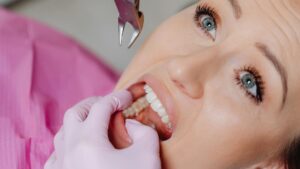

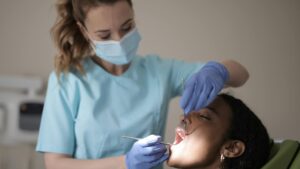

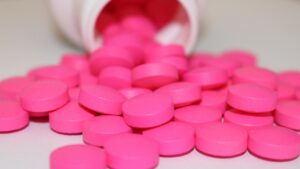

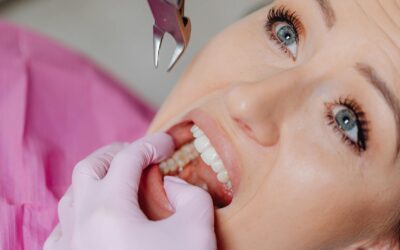

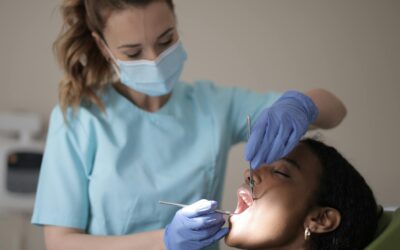


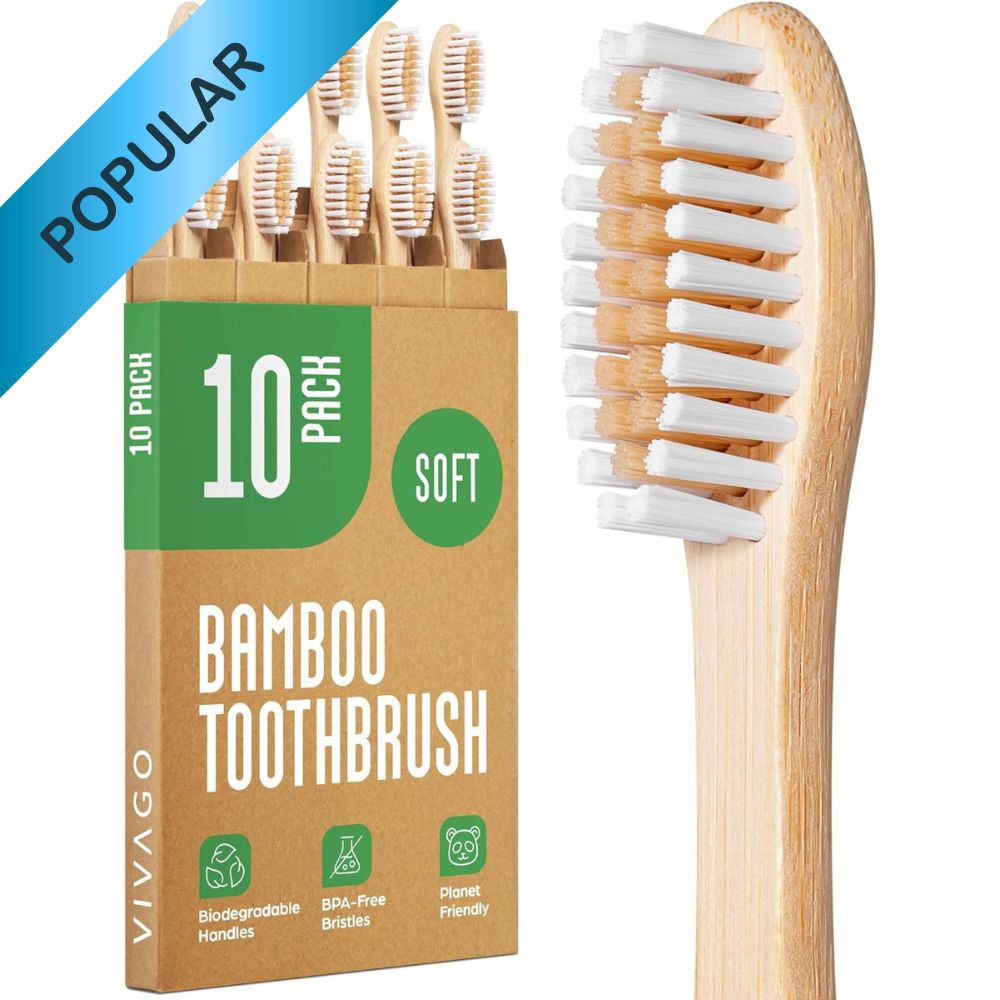




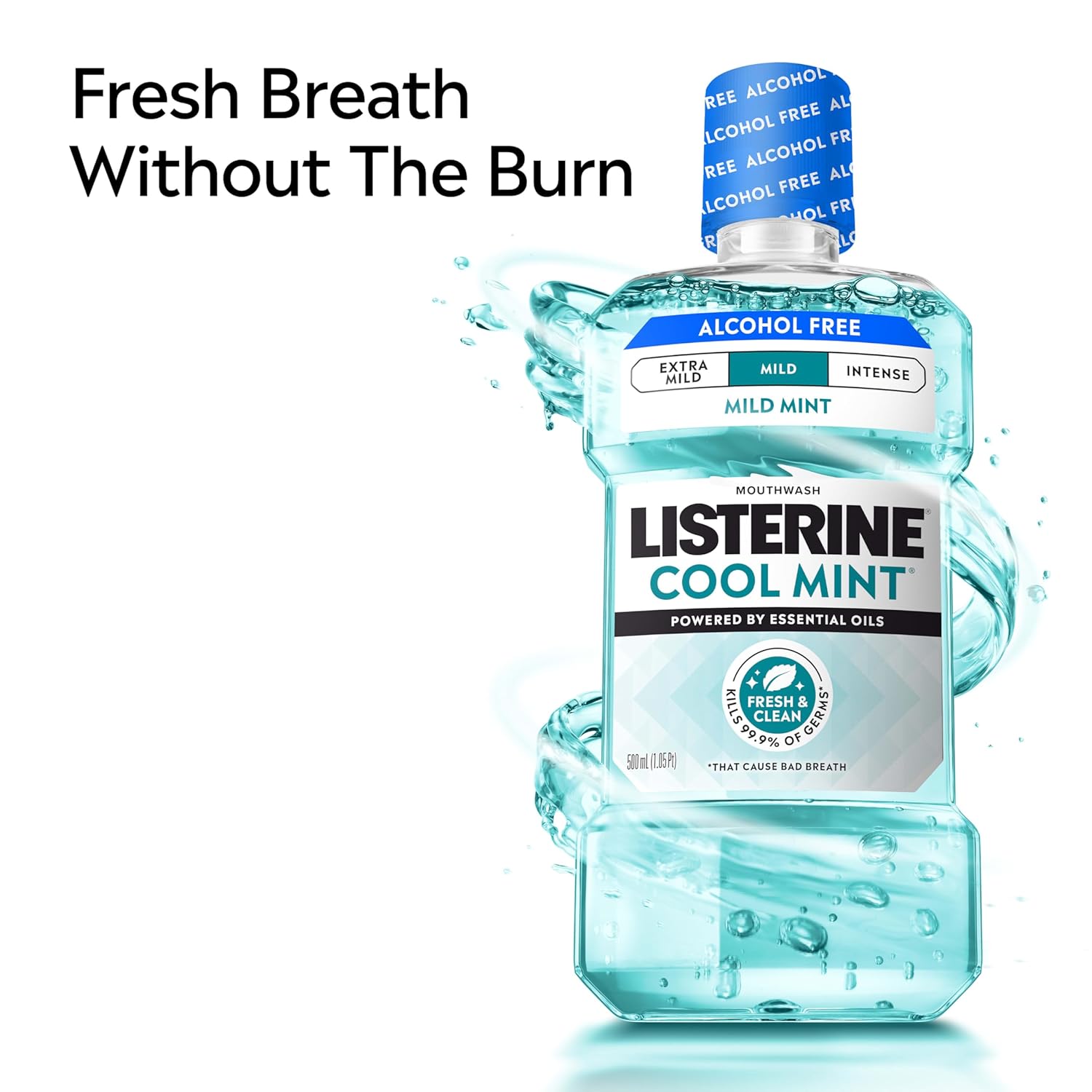
0 Comments